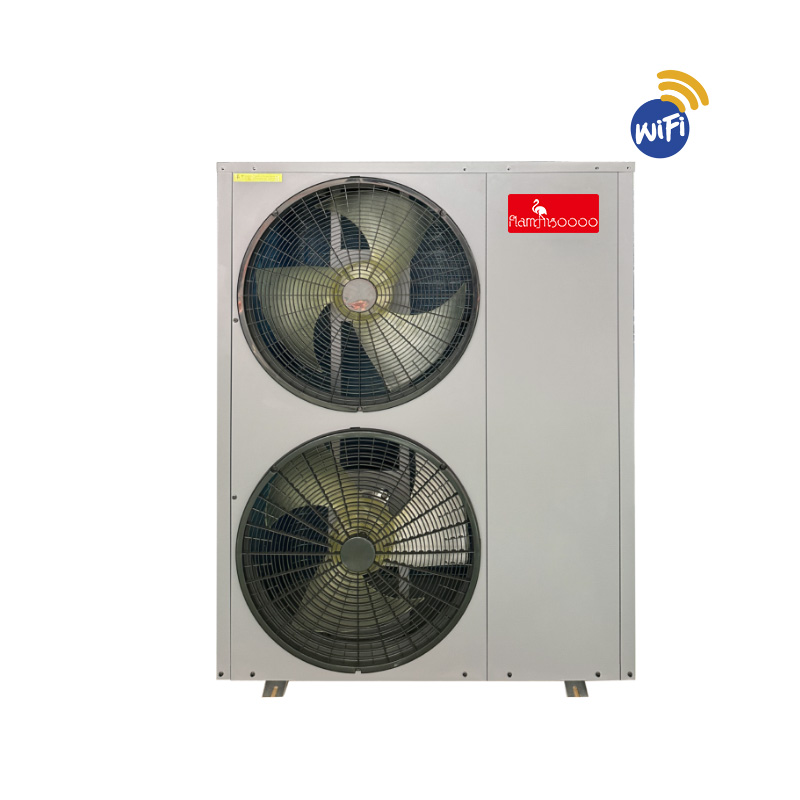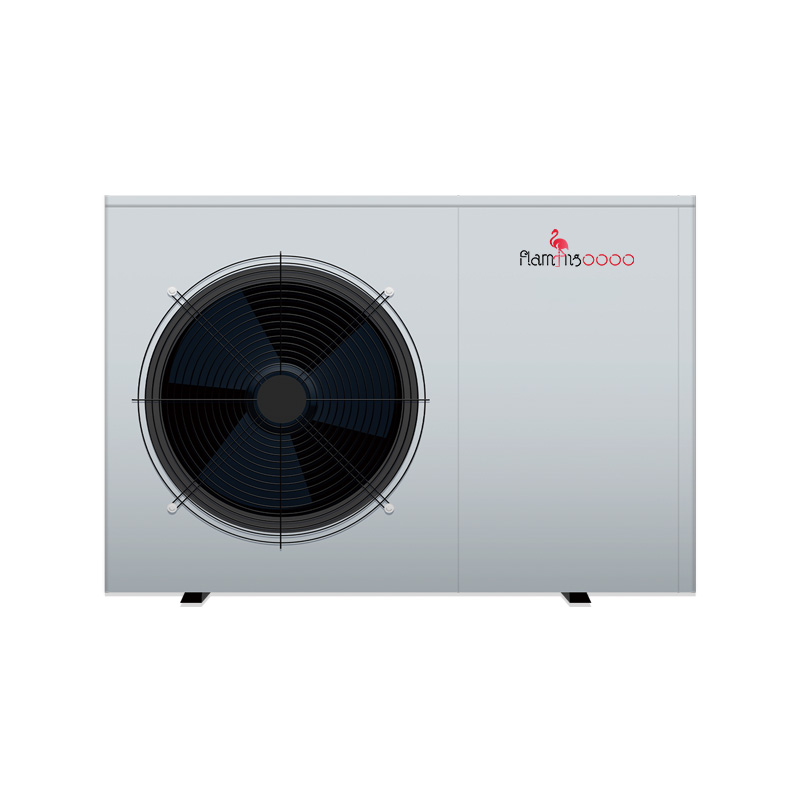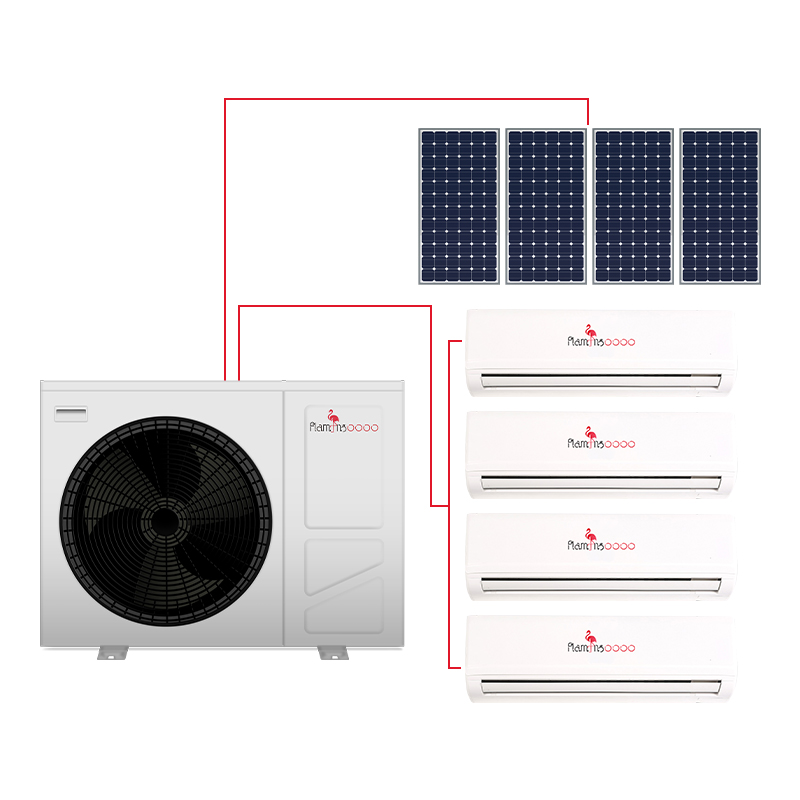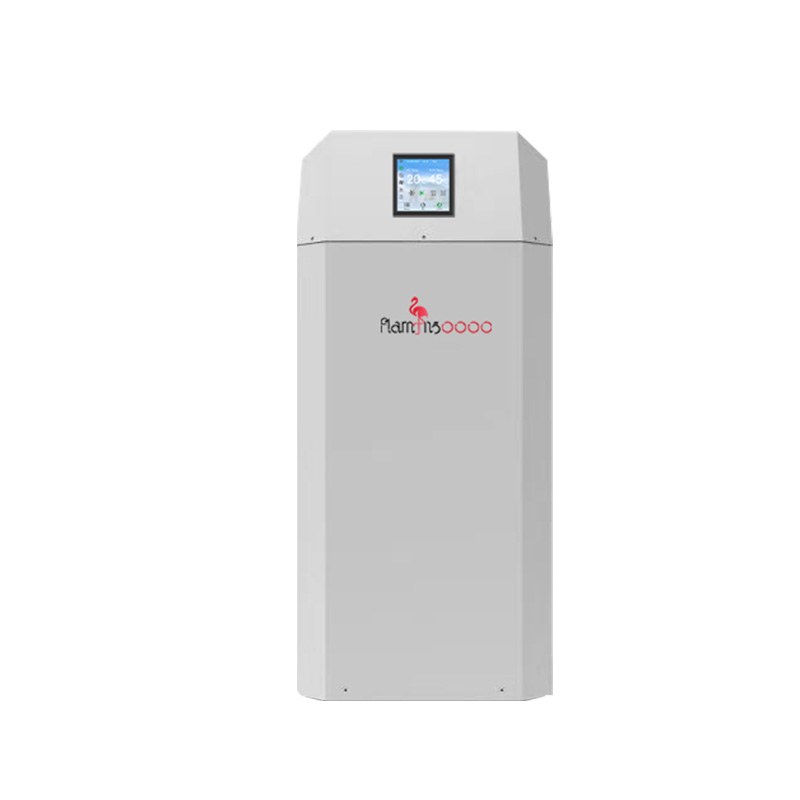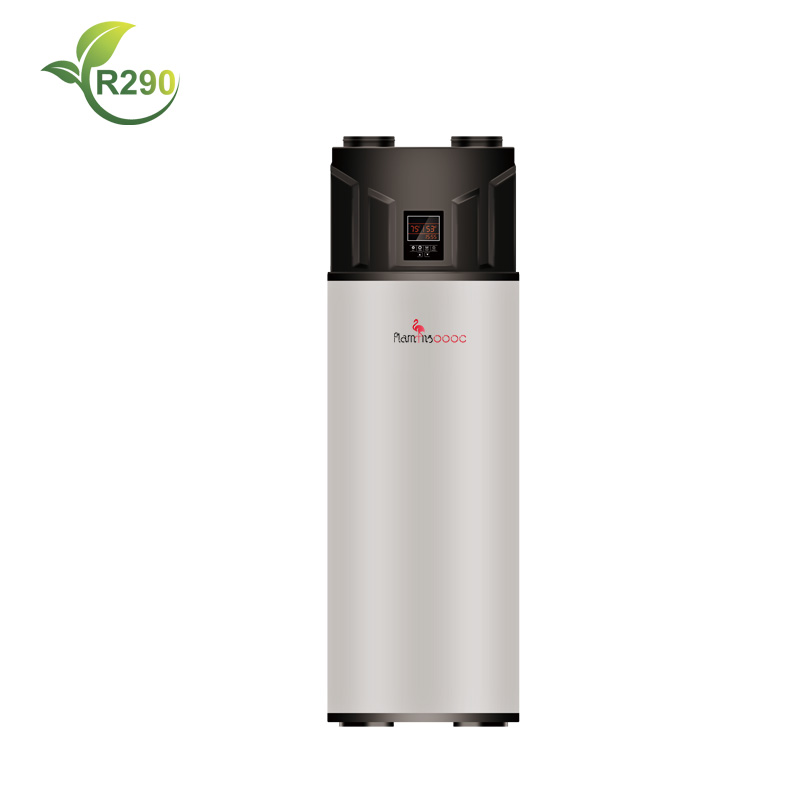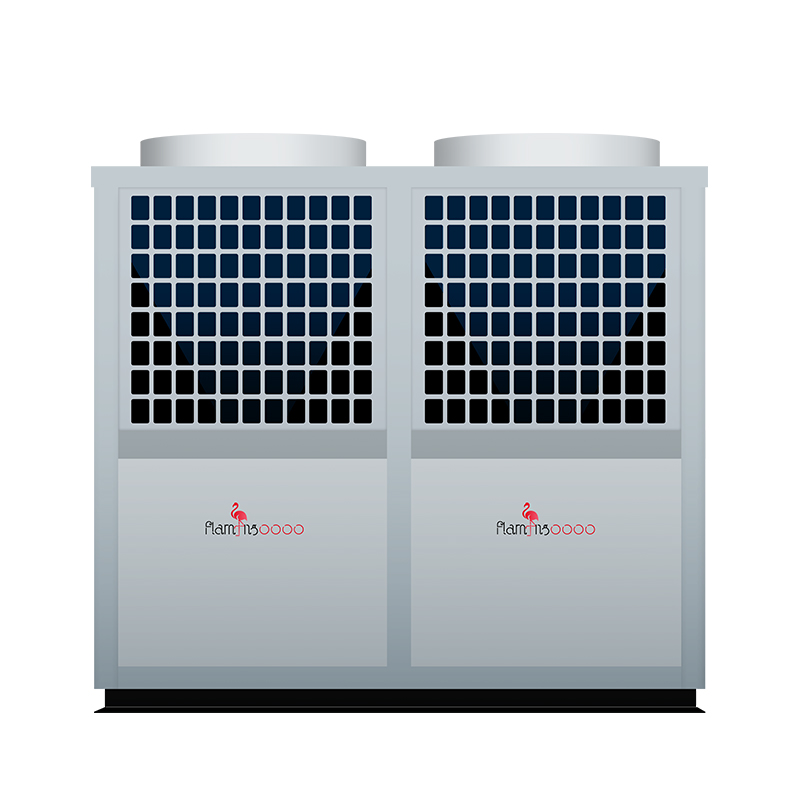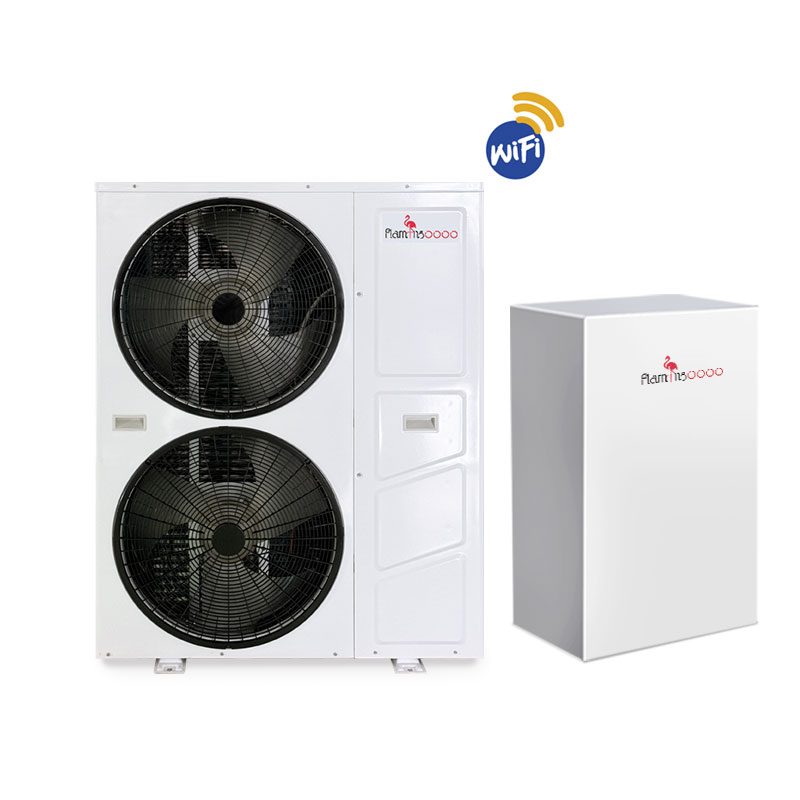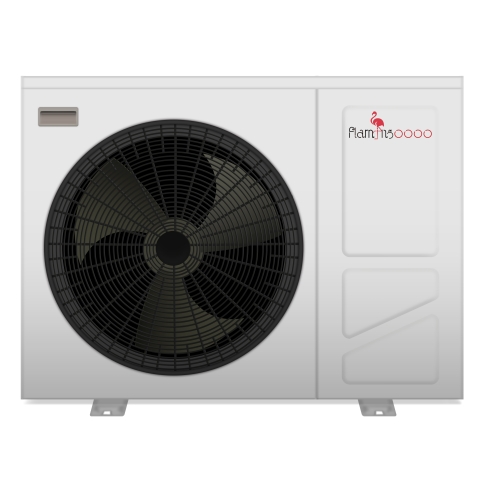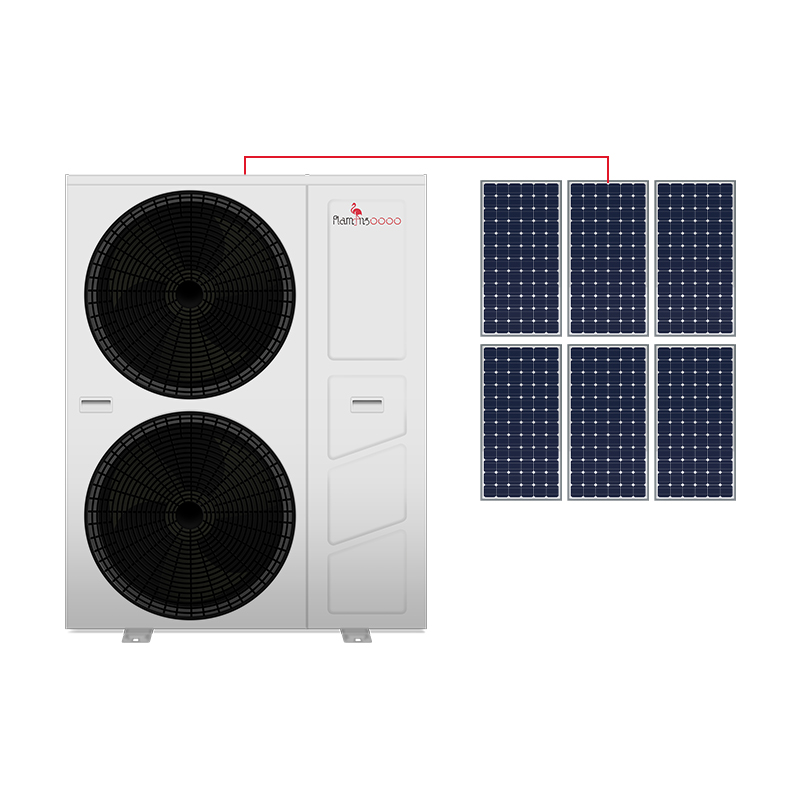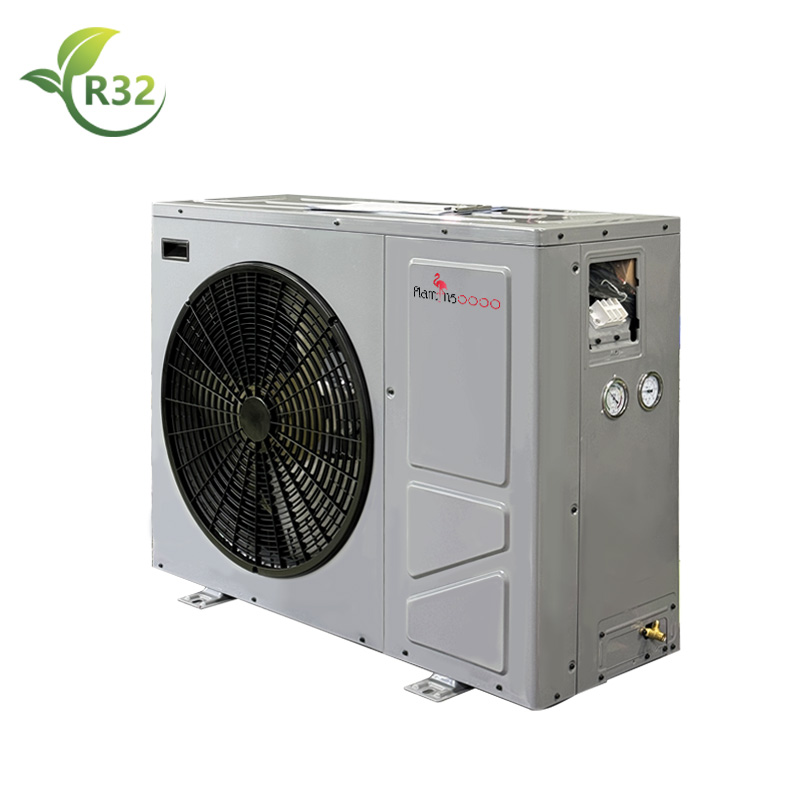In the realm of residential heating, the choice of heating systems plays a pivotal role in energy efficiency, environmental impact, and overall comfort. This article aims to compare the energy efficiency of air source heat pumps (Air Source Heat Pump) and traditional heating systems.

Air Source Heat Pumps: A Paradigm of Efficiency
Air source heat pumps operate on the principle of extracting heat from the ambient air and transferring it indoors. This technology stands out for its high energy efficiency, especially in moderate climates. Air Source Heat Pumps can produce up to three times more heat energy than the electricity they consume.
One significant advantage of Air Source Heat Pumps is their dual functionality. They serve as both heating and cooling systems, offering year-round climate control. This versatility translates to reduced reliance on separate cooling systems during the summer, contributing to energy savings.
Air Source Heat Pumps also boast a lower carbon footprint. By utilizing renewable heat from the air, they significantly reduce direct emissions compared to traditional heating systems reliant on fossil fuels.
Traditional Heating Systems: Navigating Inefficiencies
Conventional heating systems, including furnaces and boilers, typically burn fossil fuels to generate heat. While these systems have been reliable, their efficiency is constrained by the inherent inefficiency of combustion processes and the loss of heat through flue gases.
Moreover, traditional systems lack the adaptability of Air Source Heat Pumps. They are designed solely for heating purposes, requiring additional investments in separate cooling systems. This redundancy contributes to higher energy consumption and operational costs.
In terms of environmental impact, traditional systems contribute to air pollution and greenhouse gas emissions. The extraction, transportation, and combustion of fossil fuels release pollutants, compromising air quality and exacerbating climate change.
Comparative Analysis: Air Source Heat Pumps Leading the Way
When assessing energy efficiency, Air Source Heat Pumps emerge as clear frontrunners. Their ability to harness ambient heat, provide both heating and cooling functions, and operate with a lower carbon footprint positions them as environmentally friendly and economically sound alternatives.
The coefficient of performance (COP) of Air Source Heat Pumps, indicating the ratio of heat output to energy input, is notably higher than the efficiency ratings of traditional systems. This directly translates to reduced energy bills for consumers and a more sustainable heating solution for the planet.
In conclusion, the shift towards air source heat pumps represents a significant stride in enhancing energy efficiency and reducing the environmental impact of residential heating. As technology advances and awareness grows, embracing Air Source Heat Pumps becomes not only a wise economic choice but also a responsible step towards a greener and more sustainable future

